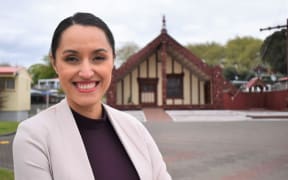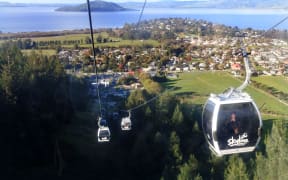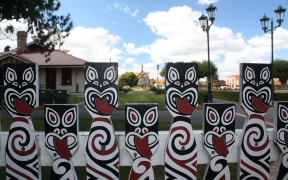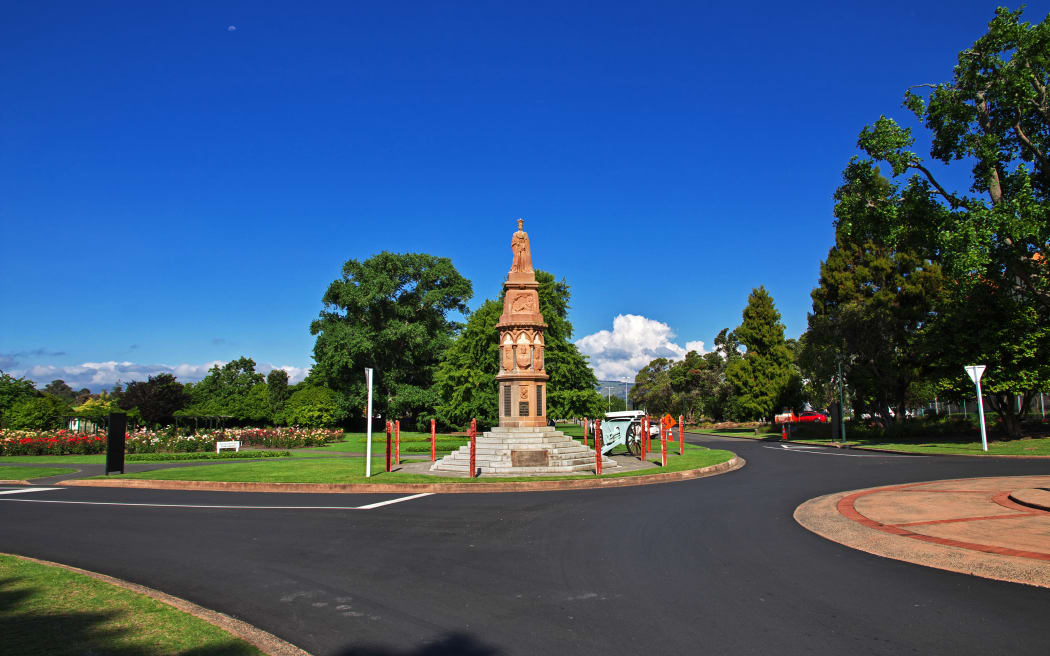
An independent hearing is underway in Rotorua regarding resource consent applications lodged by the Ministry of Housing and Urban Development for 13 motels in the city to continue operating as emergency housing motels (file picture). Photo: 123RF
A resident says Rotorua has become a "ghost town" because of the rise on motels serving as emergency housing.
A hearing before three independent commissioners, started on Monday and it has heard submissions from the applicant - the Ministry of Housing and Urban Development which wants to continue operating 13 motels in the city as emergency housing motels - and the Rotorua Lakes Council.
On Wednesday, residents and businesses had their first chance to bring their concerns to the hearing.
With emotional statements, several residents and business owners spoke about the fear and uncertainty borne due to the volume of emergency housing in Rotorua.
Reg Hennessy has owned a pub in Rotorua for 20 years and appeared before the hearing on Wednesday.
He said several residents and business owners broke into tears when they spoke about the situation.
"I just couldn't believe some of the things I was hearing. Some of the heartache, some of the tragic stories, some of the effects this just had in Rotorua people, it's quite depressing.
"People had to move out of their houses because of threats, families have been torn apart," he said.
The increase of emergency housing had scared away the tourists and "knocked the hell out" of the city's hospitality sector, Hennessy said.
"We were a tourist town, we were a town of excitement, we were a town of adventure, that's our industry, we are hospitality and tourism.
"Our CBD, on any given night apart from long-weekends when we do get busy, it's a ghost town, we got zombies walking around the streets at night."
Hennessy said street violence and intimidation had become common.
"We have gangs, we have drug-dealing, you name it."
Rolly Rolston bought what he thought it would be his forever home 35 years ago in Carnot Street, in Rotorua.
In April, he decided to move to the Tauranga suburb of Pāpāmoa, because of the threats and abuse he was receiving.
"I got called a white c* by someone I don't even know once, when I was only around my neighbourhood as I normally do. It's just not acceptable.
"People are scared, intimidated. People feared for their safety."
Residents were not opposed to emergency housing, but the community must be consulted, Rolston said.
"Homeless people have the right to live here [in Rotorua] as much as anyone else, but they also have the right to treat people with respect."
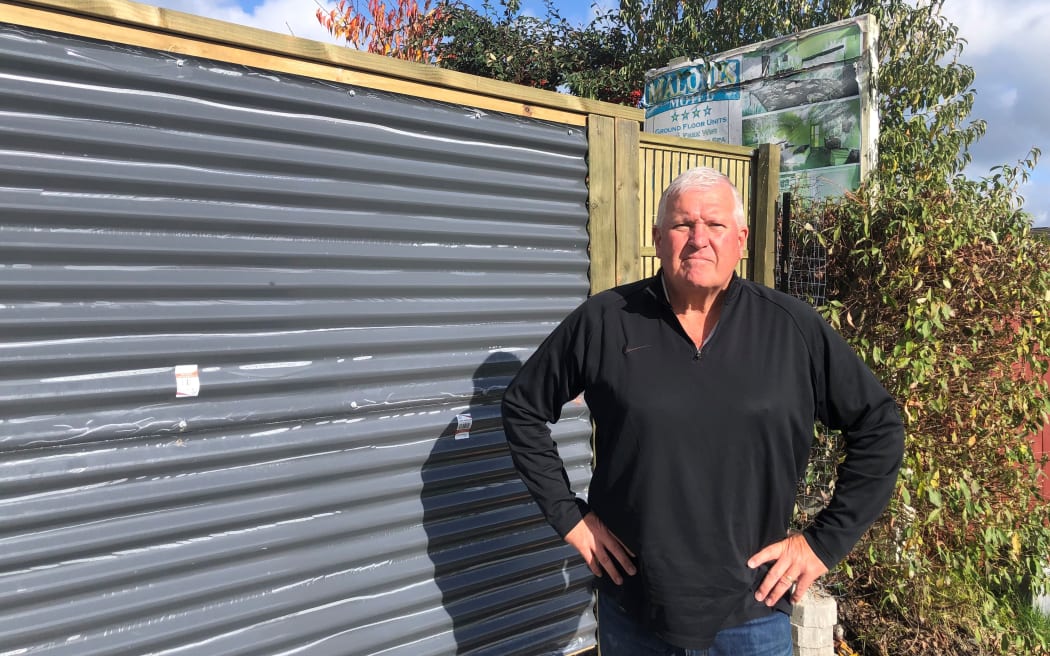
Trevor Newbrook is the chairperson of Restore Rotorua, a community group pushing for local council to stop issuing resource consents for emergency housing without giving residents a say. Photo: Sharon Brettkelly
The lobby group Restore Rotorua has about 200 members and its chairperson Trevor Newbrook also spoke at the hearing.
Newbrook said the organisation did not support people from outside Rotorua being moved into emergency housing in the city.
"Those families are high-risk, and have complex needs and [do] not have any association with Rotorua."
It was the first time the community had had a voice in the matter, Newbrook said.
"None of us were ever consulted before emergency housing became quite a big part of Rotorua."
He said he got emotional in the hearing when he spoke to the commissioners about his daughter and his grandchildren, who had to move to Nelson because they felt Rotorua was no longer safe.
"We feel we have been sacrificed," he said.
Restore Rotorua's lawyer Vanessa Hamm said she was confident on the response from the hearing.
"It's hard to say what the commissioner will do. Their [the residents] evidence was very genuine, it was very heart felt and consistent on what they have been experiencing," she said.
The submissions made by the residents should place a significant weight on the decision, Hamm said.
The commissioners, David Hill, Sheena Tepani and Greg Hill will be finishing the hearings on 1 November.
Ministry of Housing and Urban Development response
Through a statement, the Ministry of Housing and Urban Development said it requested a notifiable consents process to permit 13 motels/hotels to continue to operate as contracted emergency accommodation.
It said the ministry supported an open, transparent resource consent process that supports community consultation and that is why it sought public notification of consents.
The ministry regularly engages with the community, including the mayor and Rotorua Lakes Council, iwi and other community leaders, the statement said.
The ministry said it acknowledged that motels were not ideal long term housing solutions.
"Our place-based approach identifies Rotorua as a priority housing area and there is a significant programme in Rotorua that is continually bringing on more housing in the district."
Rotorua's massive population growth was the reason housing agencies were working intensively with the local council and iwi, and why there was a strong pipeline of new public and transitional housing underway, it said.
The ministry said it was not publicly commenting on the hearing other than presenting its evidence and responding throughout it.
Milestones to tackle homelessness met, Davidson says
Associate Housing Minister Marama Davidson said the latest progress report on the government's plan to tackle homelessness showed milestones were being met.
Davidson said she was particularly proud that it had found 2200 places where people who were at risk of losing their tenancies could live long-term.
Six million dollars had been given to local initiatives with a strong focus on Māori, Pasifika and rangatahi who may be homeless or at risk of homelessness, she said.
There were also pilot programmes in Auckland and Waikato to support people leaving acute mental health and addiction units.

